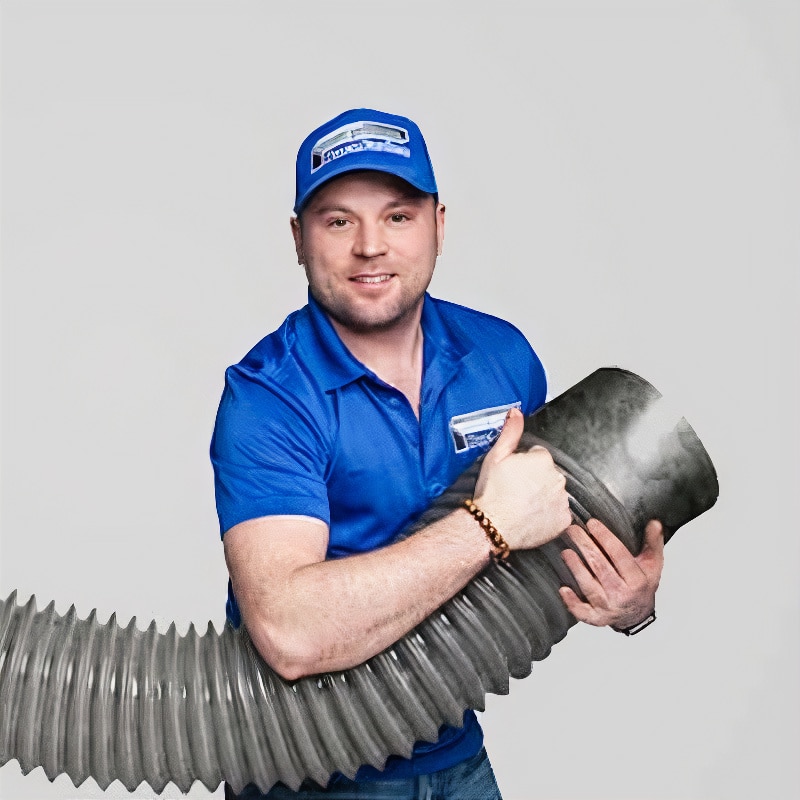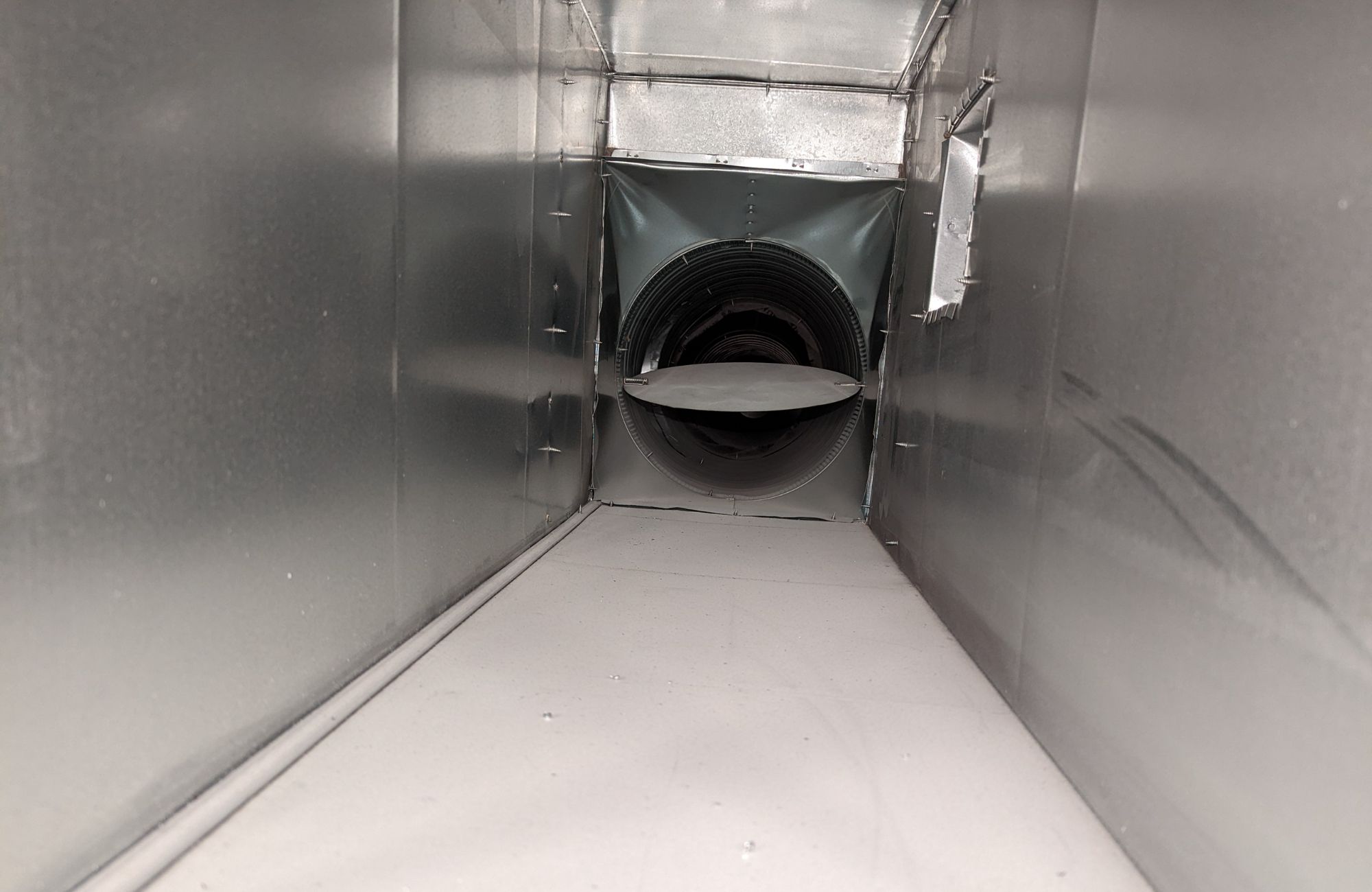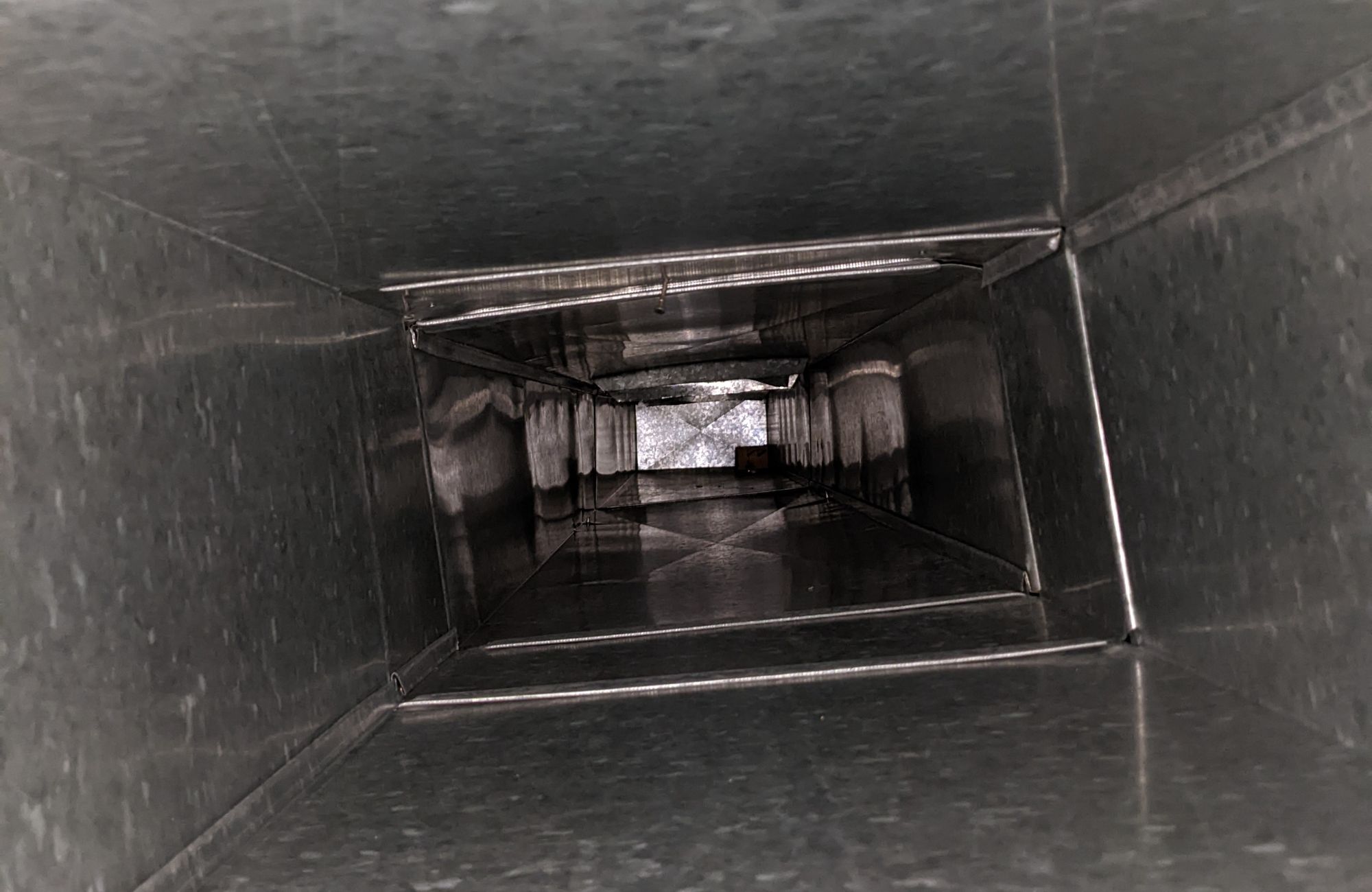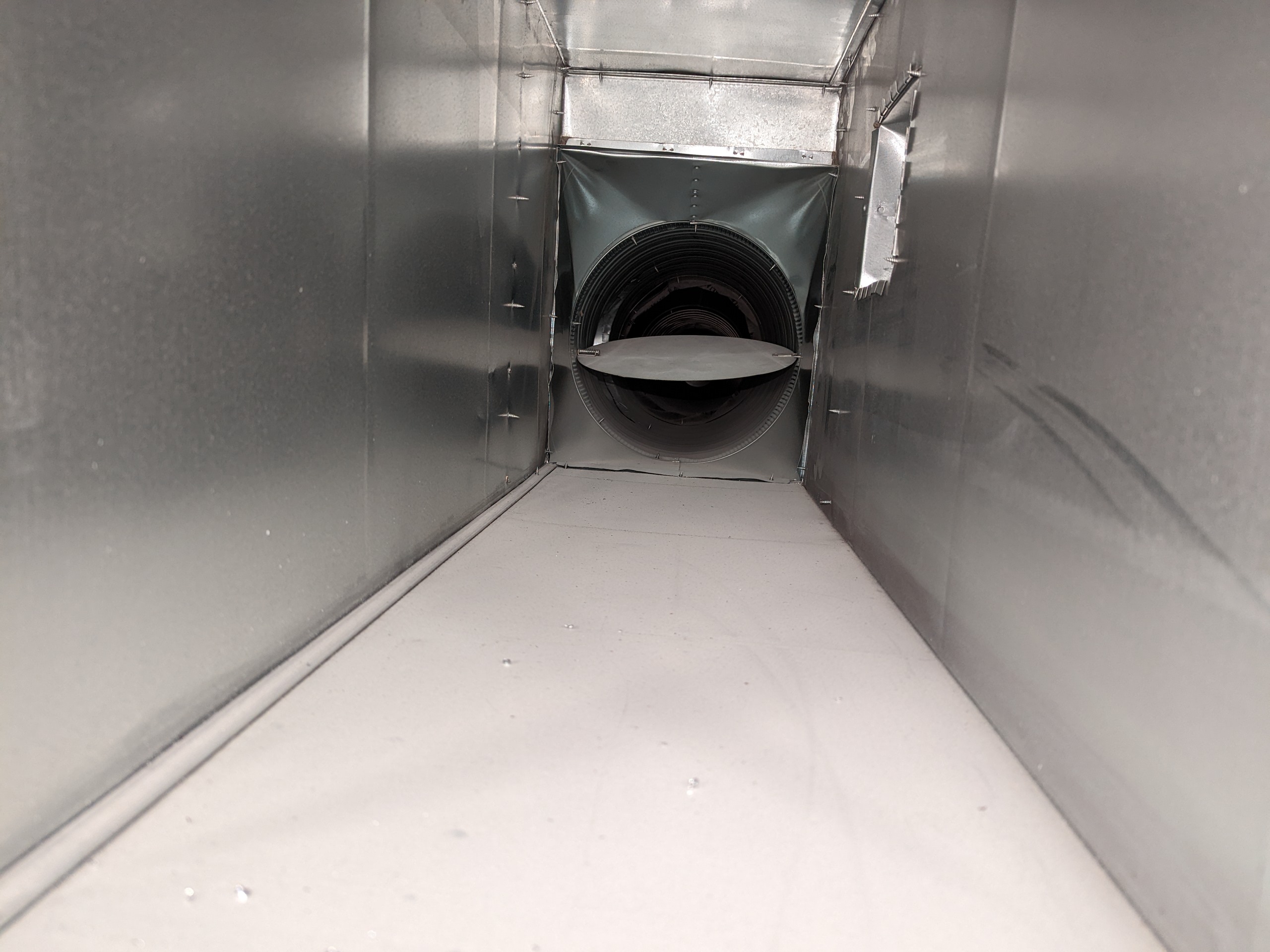Poor air quality is a major concern for homeowners, yet many don’t realize just how prevalent it can be in their own homes. Indoor air pollution can cause a wide range of health problems, including respiratory issues, allergies, and even cancer. In this blog post, we’ll discuss how to spot signs of poor air quality in your home and offer tips for improving it.
What Is Poor Air Quality and Why Does It Matter?
Poor air quality refers to the presence of pollutants in the air, such as dust, mold, and chemicals. These pollutants can cause a wide range of health problems, especially for those with respiratory issues. Poor air quality can also worsen allergies, cause headaches and fatigue, and even lead to more serious health issues like cancer.
Common Causes of Poor Air Quality in Homes
There are several common causes of poor air quality in homes, including:
- Lack of ventilation: When homes are poorly ventilated, pollutants can build up and circulate in the air.
- Dirty air ducts: Air ducts can collect dust, pet dander, and other pollutants over time, which can then circulate throughout your home.
- Chemicals: Cleaning products, pesticides, and other chemicals can release harmful pollutants into the air.
- Smoking: Cigarette smoke can cause indoor air pollution and put the health of those in the home at risk.
- Mold: Mold can grow in damp areas, such as bathrooms and basements, and release spores into the air.
How to Check Your Home’s Air Quality
Checking your home’s air quality is an important step in maintaining a healthy living environment. While there are several DIY methods for checking air quality, a professional duct cleaning company can provide a more accurate and comprehensive assessment. Here’s how they do it:
- Air Quality Testing:
A professional duct cleaning company will conduct air quality testing to determine the level of pollutants in the air in your home. We will use specialized equipment to measure the concentration of pollutants such as dust, mold, bacteria, and volatile organic compounds (VOCs).
- Inspection of Air Ducts:
Air ducts can be a major source of indoor air pollution. A professional duct cleaning company will inspect your air ducts for signs of dirt, debris, mold, and other contaminants that could be affecting the quality of the air in your home. We may use a camera to inspect the ducts and identify any issues that need to be addressed.
- Evaluation of HVAC System:
A poorly maintained HVAC system can also contribute to poor air quality. A professional duct cleaning company will evaluate your HVAC system to ensure it is functioning properly and efficiently. We will check the air filters, coils, and other components of the system to ensure they are clean and functioning properly.
Signs of Poor Air Quality to Look Out For
There are several signs of poor air quality to look out for, including:
- Allergies and respiratory issues: If you or your family members experience frequent allergies, coughing, or shortness of breath, it could be a sign of poor air quality.
- Musty or moldy odors: If you notice a musty or moldy smell in your home, it could be a sign of mold growth and poor air quality.
- Dust and dirt buildup: If you notice excessive dust and dirt buildup in your home, it could be a sign of dirty air ducts and poor air quality.
- Increased humidity: High levels of humidity in your home can promote mold growth and reduce indoor air quality.
The Importance of Regular Air Duct Cleaning
Regular air duct cleaning is crucial for maintaining good air quality in your home. Over time, air ducts can collect dust, pet dander, and other pollutants that can circulate throughout your home. By having your air ducts cleaned regularly, you can reduce the amount of pollutants in your home’s air and improve its overall quality.
Maintaining Good Air Quality in Your Home: Best Practices
In addition to regular air duct cleaning, there are several best practices for maintaining good air quality in your home:
- Keep your home clean: Regularly clean surfaces and vacuum to reduce the amount of dust and other pollutants in your home.
- Use natural cleaning products: Chemical cleaning products can release harmful pollutants into the air. Switch to natural alternatives, like vinegar and baking soda.
- Control humidity: Use a dehumidifier to keep humidity levels in your home between 30-50% to prevent mold growth.
- Open windows: Opening windows and doors can improve ventilation and reduce indoor air pollution.

When to Call in the Experts for Help with Poor Air Quality
If you’ve tried the tips above and are still experiencing poor air quality in your home, it may be time to call in the experts. A professional air quality testing service can help identify the source of the problem and provide recommendations for improving your home’s air quality. We can also identify any issues with your air ducts and provide solutions for improving their efficiency.
Breathe Easy and Improve Your Health with DuctDudes
DuctDudes is the premier professional air duct cleaning service that can help you breathe easy and improve your health by providing expert solutions for poor air quality in your home. Our team of trained professionals specializes in air duct cleaning, vent cleaning, and AC vent cleaning services that are designed to improve the quality of air in your home. With our state-of-the-art equipment and advanced techniques, we can effectively remove dirt, debris, and other pollutants from your air ducts and HVAC system, ensuring that your home is free from harmful contaminants that can cause health problems. If you’re looking for a reliable and effective solution for maintaining good air quality in your home, DuctDudes is the name to trust. Contact us today to schedule an appointment and experience the benefits of our top-quality air duct cleaner and vent cleaning services.






